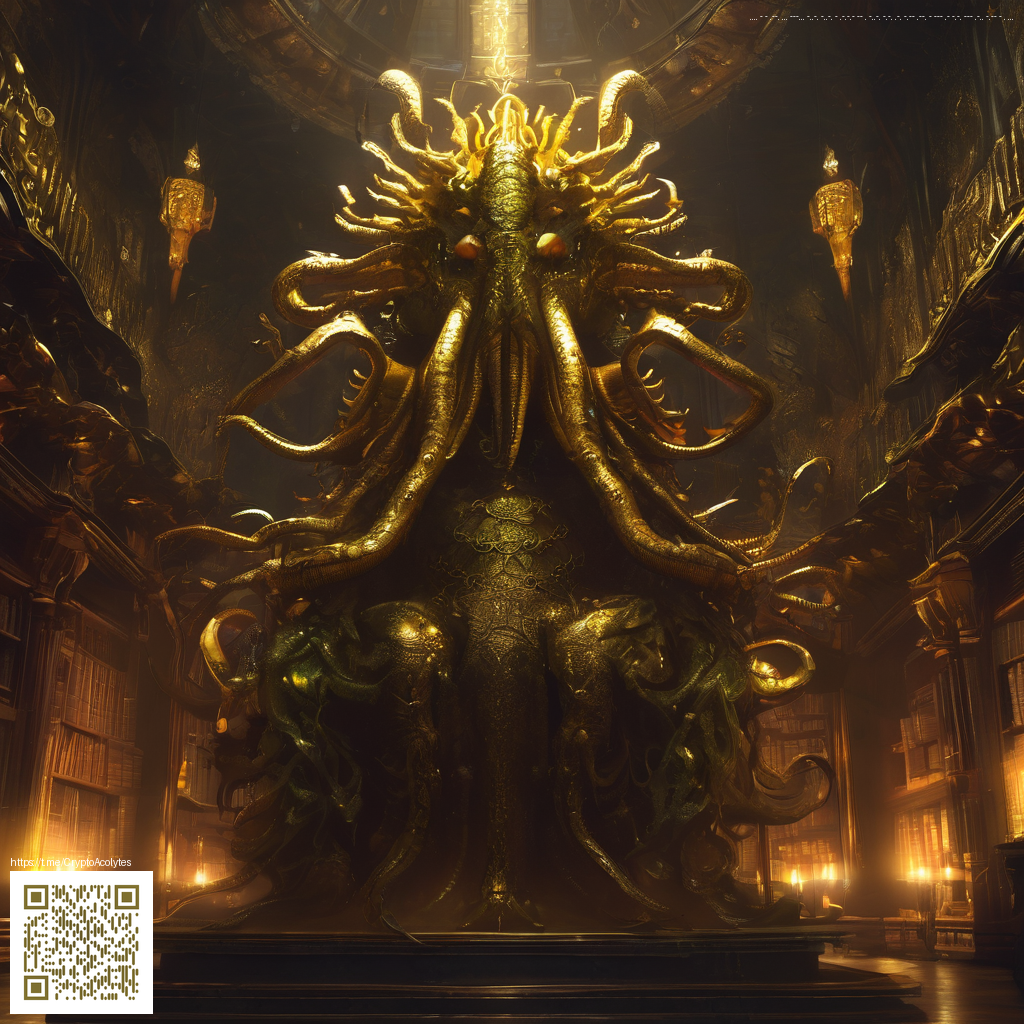
Demystifying Baldur's Gate 3 Politics and Faction Power
In a world where every choice reshapes the city you roam, Baldur's Gate 3 turns political intrigue into a dynamic part of its core loop. The power grid within the city walls is not just about who holds the throne but about how factions negotiate access to resources, information, and influence over the streets. As you roam the Wyrmway’s shadows or stand in the bustling markets, you will feel the weight of alliances and rivalries that govern what you can do, and what you must do to survive. This article dives into the in game politics and how it shapes play style, story outcomes, and long term strategy for your party. 🎮
Major factions and their leverage
The city is a mosaic of power brokers each with their own goals and methods. The Flaming Fist acts as Baldur's Gate security and a blunt instrument for order. Their decisions can open or close access to districts, seize control of routes, and tip the balance when you attempt to move in or out of the city core. The Emerald Grove druids present a different challenge, focusing on nature’s autonomy and resistance to what they see as city driven overreach. Their choices influence quest lines tied to land, sacred groves, and the fate of local communities. The Absolute represents the shadowy cult side of power, centered on a grand design that can warp the city’s direction when its influence grows strong enough to touch the streets. On the periphery you will hear whispers of the Lords Alliance and other regional power networks, a reminder that Baldur's Gate is a hub where national politics meet local factions.
These groups do not exist in isolation. Your encounters with each faction can shift attitudes in a heartbeat, and your actions reverberate through the city’s balance of power. Aligning with one side may unlock exclusive quests, reframe companions opinions, and change which districts you can access without friction. Conversely, antagonizing a faction often invites counter moves such as patrols, information blackouts, or altered vendor availability. The result is a living city that reacts to your choices rather than a fixed story told on rails. 🕹️
Key narrative threads and how they twist power
Act to act you will see a shift in the political landscape. When the Absolute or its emissaries gain ground, the city may tighten security measures and accelerate covert operations against dissent. If you broker peace with the Emerald Grove, you gain access to druidic networks that can influence environmental puzzles and local mercantile routes. The Flaming Fist can be leveraged to gain safe passage through contested zones or to sway merchant caravans that transport essential supplies. Each decision echoes across the city and into your party’s relationships with companions who have strong opinions about who should rule or protect the people. It is a web run by player choices rather than a single line of fate. 🔥
Community voices echo the thrill of scheming alongside NPCs you trust while watching the city respond to your diplomacy. Players enjoy the depth that comes from balancing force with finesse and seeing consequences unfold in unexpected places.
Update cadence and how patches reshape power
Post launch updates have refined how factions interact and how attitudes shift after pivotal events. Patch notes from the community wiki highlight adjustments to character attitudes within the Emerald Grove after narrative turns, reflecting how factions respond to outside pressures. In addition, lore entries continue to expand the backstory of the Absolute and its generals, such as Ketheric Thorm, who rises as a central antagonist in Act Two. These changes keep political dynamics fresh and encourage players to re evaluate past decisions. Keeping up with updates is essential for players who want to chase the most elegant diplomatic playthroughs or test radical alliance builds. 🧠
Community and modding culture
The player base continually probes the political layer of Baldur's Gate 3 for new pathways and smarter diplomacy. Modding culture has grown around enhancing faction balance, creating alternative power structures, and offering fresh quest lines that explore the politics of the city in new ways. Expect mods that tweak follower loyalties, introduce new faction affiliates, or even reimagine the city as a different political landscape while maintaining the game’s core mechanics. The creative energy here mirrors the game’s own emphasis on agency and the impact of choices in a living world. 🎮
Developer commentary and design philosophy
From interviews and official notes, the design team at Larian emphasizes player agency as the heart of political gameplay. Faction power is meant to be earned through dialogue, exploration, and consequence rather than simply grind. The intent is to reward players who think through alliances and consider the ripple effects of every handshake, oath, or betrayal. It is a deliberate choice to weave political threads into the fabric of exploration and combat so that each playthrough can feel distinct and personal. This approach makes the Baldur's Gate city feel alive and ethically nuanced, a place where power is as much about dialogue as it is about steel.
Whether you lean toward strategic diplomacy, subversive maneuvering, or blunt force, the politics of Baldur's Gate 3 challenges you to read the room and the map at the same time. The city rewards careful players who weigh long term impact against short term gains and who remember that becoming too comfortable with one faction can invite new threats. It is a living system that invites experimentation and rewards memorable storytelling moments. ⚔️
Phone Case with Card Holder Glossy Matte Polycarbonate